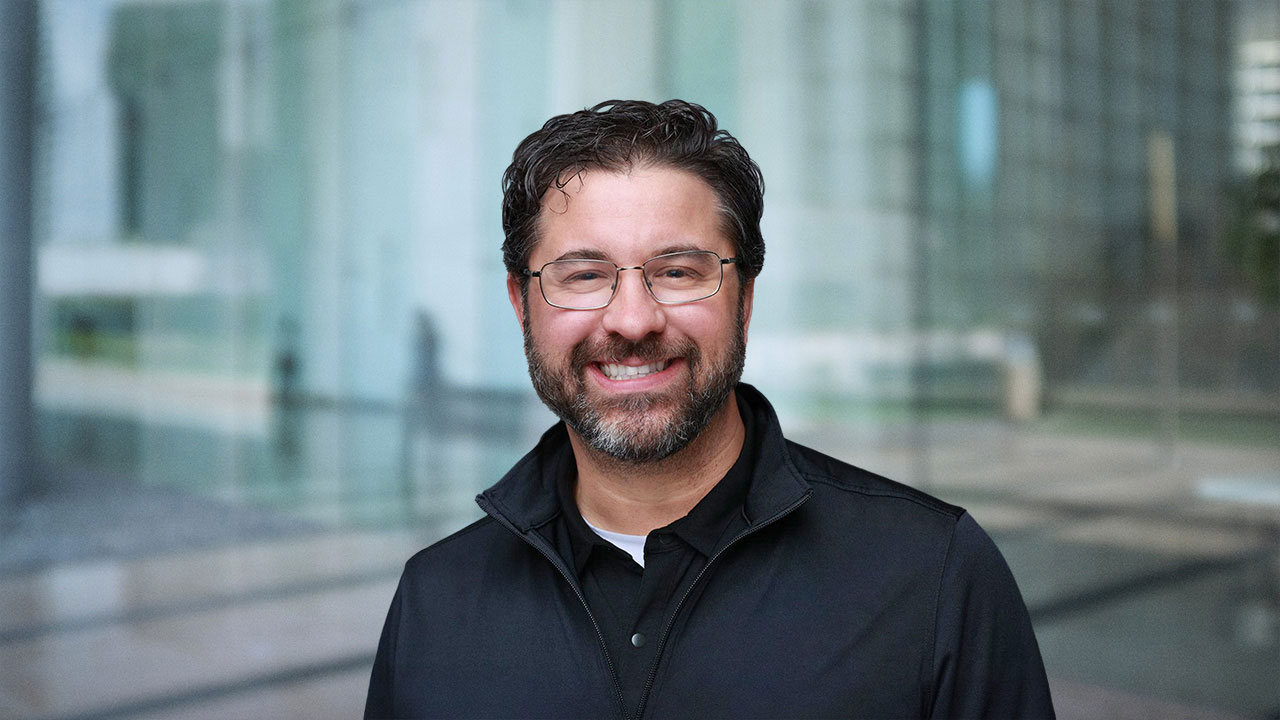
Lee Daigle is a solid waste client manager and marketing director and balances providing client services with driving marketing and advertising initiatives.
Outside of the office, Lee is a Waste360 40 Under 40 award winner and stays connected with the solid waste community by serving as vice president of the Solid Waste Association of North America (SWANA) – Badger Chapter. He also is an instructor for short courses on solid waste at the University of Wisconsin-Madison. In this Q&A interview, Lee shares some of his career experiences and offers advice for emerging professionals in the industry.
This interview originally appeared in Waste360.
What are some of the challenges that you tackle and the problems you get to solve?
The thing that has happened recently, which has been very interesting, is that the way that [the industry has] managed landfill emissions historically is being challenged by nonprofit organizations or governmental organizations or non-governmental organizations. Instead of doing the historical modeling approach, we’re now using new technology like satellites and drones and fixed-wing aircrafts. We’re using real science to calculate and try and estimate more accurately how much our landfills are really emitting.
It’s been exciting because we’re on the forefront of this new industry right now, and it is going to change the way that we look at emissions from landfills. Because of my roles, I was able to get integrated, both on the management side of it, but also on the technical side.
When we’re starting to talk about how we’re using a satellite to monitor our landfill, that’s something that when I started in this industry, I never would’ve thought would happen. Now I am regularly looking at satellite data, assessing it, and identifying potential issues based on what we’re seeing from space. Trying to learn about these new technologies is certainly a challenge, but it’s very interesting and it’s a lot of fun.
What is a learning curve or a new skill set you’ve had to learn to succeed in your role?
The real challenge, I think, that I faced was going from being a technical expert into more of a mentor for our younger staff, helping to train them and help them grow. That was a big challenge, because as a consultant, I know that it’s all about hours.
It has been a steep learning curve to really learn how to more efficiently and effectively train our staff and bring them up to where they want to be and also where we need them to be.
In the solid waste industry, in particular, there is a large gap of expertise. You have people with 25 plus years of experience, and then you have a lot of people with less than eight years of experience. A lot of our senior people are spending more time training younger, entry-level staff which never historically used to happen.
What professional path brought you to this role?
I started in the industry as an intern while I was in college. I was in the landfill, getting dirty, mud on the boots, every day. When it’s cold out, you’re out there. When it’s hot out, you’re out there. At that time, for whatever reason, I said, “I love this industry. I’m going to be in it as long as I possibly can be.”
I always knew I would be in this industry, but in the current role, a lot of it was my personality. I’m able to talk to a lot of people and just kind of relate to them and listen. I can understand what they’re trying to get across and what their concerns are. That’s really what led me to go more into the client manager side of it versus a true technical expert that just focuses on the math, the science, and the engineering associated with it. I don’t care how complicated a problem is, there is a human being behind it, and you need to be able to relate to them and build a relationship with them for the long term.
Along those lines, what would you say is a key to your own personal success or a secret sauce for you?
For me, really, it’s been about emotional quotient (EQ), emotional intelligence. Being able to listen and talk to people and build a relationship has been critical. I read a book years ago called “EQ Applied” [by Justin Bariso]. It opened my eyes because I had been doing a lot of the things that were discussed and recommended in the book, but I never really knew that it was something specific. That’s just always how I’ve done things.
After I read the book, I realized I do practice a lot of things that are in this book, and I started really refining my skills to focus more on the human element. That has been, I don’t want to say it’s the secret sauce, but it certainly has helped my career to get to where I’m at now and where I want to go in the long term.
What advice would you give to a young professional starting a career in the waste industry?
For somebody brand new in the industry, get out in the field. Offer to take the dirty jobs out in the field where you need to pull pumps, or you need to go monitor a well field, or you get to observe a construction event.
If you have a little more experience, and you kind of know your way around, then get involved. Volunteer for things like SWANA, or the Environmental Education & Education Foundation (EREF), or any of the other organizations that have technical committees.
Our industry is changing, and if we don’t change with it, the industry will pass us by. We need to stay informed and stay in the loop with what’s going on around us.